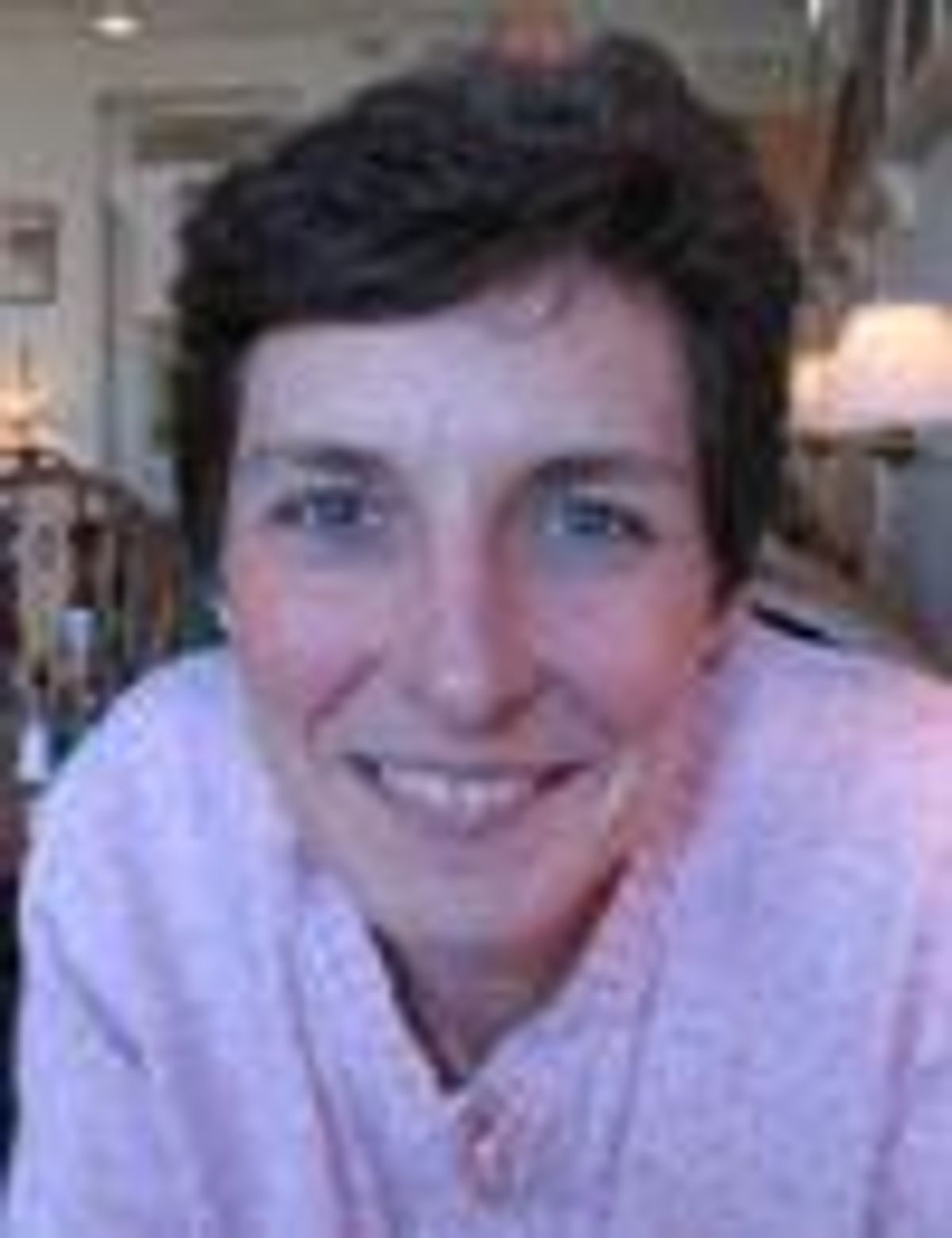One of the brighter spots of the LGBT political work being done in South Carolina has been the community's evolving relationship with the state Democratic Party.
Susie Prueter, the former president of AFFA (Alliance For Full Acceptance -- one of South Carolina's LGBT rights organizations) from 2004 to 2007, said she and other gay activists decided around 2005 that they simply had to get involved in other causes besides their own -- from the NAACP to Planned Parenthood to the Democratic Party. "There's a great Woody Allen quote that 90% of life is simply showing up," says Prueter. "We just started showing up."
But before making real gains, the community suffered one major setback. During their 2006 marriage amendment fight, they managed to get a resolution included on the state party platform stating that the Democratic Party opposed the marriage amendment (passing this resolution would have helped to ensure that Democratic members of the legislature would have to vote against the amendment). But just before passing the entire platform, the party leadership added a last-minute caveat that Democratic legislators didn't necessarily have to support the platform (meaning they could vote in favor of the marriage amendment even though the party platform opposed it).
"It happened in the blink of an eye," says Prueter, adding that no debate on the caveat was allowed. Even after that blow, the community kept showing up. "We just tried to stay positive. We wanted to make sure that the GLBT community was active in the political process, to show that we want to grow the Democratic Party, that we aren't just a single-issue constituency, and that we are a valuable part of the party," says Prueter.
The biggest breakthrough came when gay folks volunteered in droves to help organize and register people for the CNN/YouTube debate held last July at the Citadel in Charleston. "I bet 75% of the people who were manning [the registration] process were members of the community," says Warren Redman-Gress, the current executive director of AFFA and a founding board member.
That effort prompted Carol Fowler, the state Democratic Party chair, to publicly thank the LGBT community for its help during the preamble to the televised debate. In fact, according to Redman-Gress, her opening remarks included, "We are here tonight -- young and old, black and white, rich and poor, gay and straight..." That may sound pretty tame to urbanites, but this debate was being held at the Citadel, a public military college that was forced by the courts to start accepting women in 1995 (the lawsuit inspired "Save the Males" bumper stickers to spring up all over city). The significance of Fowler's comments wasn't lost on Redman-Gress. "It blew me away," he says.
"Just a couple years ago, no one even wanted to talk about gay people being citizens of South Carolina," adds Prueter, who approached Fowler after the debate to thank her for including the community in her "remarks."
Prueter recalls that Fowler responded, "Susie, I'm including you in my party."
The proof is in the pudding, and this year the party voted to send three LGBT delegates out of 54 total to represent South Carolina at the national convention. That's three more openly gay representatives than have ever gone before.














































































